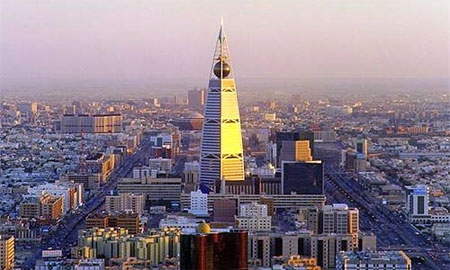On December 17, 2010, Mohamed Bouazizi set himself alight in the Tunisian town of Sidi Bouzif in protest at the treatment he had received from police after officers confiscated fruit and vegetables the out-of-work graduate had been selling from a street stall. His act of self-immolation in front of a municipal office that ignored his complaint sparked protests from young Tunisians, and sympathetic pro-democracy uprisings spread rapidly across the Middle East, known as the Arab Spring. The wave of unrest has led to Hosni Mubarak resigning his presidency of Egypt, the death of Colonel Muammar Gaddafi and his regime in Libya, King Abdullah II firing his government to expedite political reform in Jordan, and international pressure on Bashar al-Assad mounting to step down as president to quell increasingly violent clashes in Syria.
In comparison with its neighbors, Saudi Arabia has not seen mass uprisings, instead witnessing periodic demonstrations and scattered acts of civil disruption that have been smaller scale, ranging from 100 to 4,000 people, and have targeted civil liberties rather than ousting the monarchy. According to Aljazeera English, King Abdullah “has tried to head off unrest in the kingdom with a series of economic reforms valued at 135 billion Saudi rials ($36 billion) … [which] include housing subsidies; unemployment benefits; and a program to give permanent contracts to temporary government workers.” In a live TV broadcast, the King also pledged to create 60,000 jobs in the security forces and 500,000 low-income apartments.
In October, next in line to the Saudi throne Crown Prince Sultan bin Abdel Aziz Al Saud died, and the smooth transition of the title to Prince Nayef bin Abdul-Aziz further secured the kingdom’s standing as a beacon of peace and stability in the region. Prince Nayef has already run the kingdom in recent years during extended absences of both King Abdullah and Crown Prince Sultan.

0 COMMENTS